The Australian Competition and Consumer Commission (ACCC) said the weekly average international crude oil prices have decreased by about US $50 a barrel, which has flowed on to the wholesale level, but not quite to the retail level.
It revealed the wholesale petrol prices have decreased around 50 cents per litre (cpl) in the past week, but across the five largest capital cities, prices have decreased by an average of only 45cpl.
ACCC chair Rod Sims said retailers have been too slow to react to world events, such as COVID-19 hampering demand, and the drop in crude oil prices.
“The drop in the crude oil price is good news for the Australian motorists," he said.
"At this time the Australian economy needs all the assistance it can get, and lower world crude oil prices are one of the few positives from current world events.
“In the larger Australian capital cities, petrol retailers took too long to pass on the savings from the rapid drop in international oil prices, and this did not reflect well on them.”
For reference, the Government excise on fuel is 42.3cpl, and GST is also charged on fuel - these taxes make up about half the price of a litre of fuel in metro areas (at the time of writing).
On Monday (US time) West Texas Intermediate (WTI) oil futures (the benchmark oil price in North America) fell into negative pricing for the first time due to excess supply and no capacity to store it.
Tapis Crude futures - the crude oil primarily used in Australia - are still trading in positive territory at about US $22.60 at the time of writing.
For reference, Brent (European markets) was trading at US $19.33, and WTI at $13.90 - a 20% rebound on yesterday as the May futures contract settled.
It's important to note, this is for the futures price, not the spot price of oil - the futures price is the one most quoted on the nightly news.
In the market for a new car? The table below features car loans with some of the lowest fixed interest rates on the market.
| Lender | Car Loan | Interest Rate | Comparison Rate* | Monthly Repayment | Interest Type | Vehicle Type | Maximum Vehicle Age | Ongoing Fee | Upfront Fee | Total Repayment | Early Repayment | Instant Approval | Online Application | Tags | Features | Link | Compare | Promoted Product | Disclosure |
|---|---|---|---|---|---|---|---|---|---|---|---|---|---|---|---|---|---|---|---|
6.59% p.a. | 7.72% p.a. | $588 | Fixed | New | No Max | $8 | $400 | $35,295 |
| Promoted | Disclosure | ||||||||
6.28% p.a. | 6.28% p.a. | $584 | Fixed | New | No Max | $0 | $0 | $35,034 |
| Promoted | Disclosure | ||||||||
6.52% p.a. | 6.95% p.a. | $587 | Fixed | New, Used | No Max | $0 | $350 | $35,236 |
| Promoted | Disclosure | ||||||||
5.76% p.a. | 5.76% p.a. | $577 | Fixed | New, Used | No Max | $0 | $275 | $34,599 | |||||||||||
5.99% p.a. | 6.34% p.a. | $580 | Fixed | New | No Max | $0 | $250 | $34,791 | |||||||||||
6.25% p.a. | 6.52% p.a. | $583 | Fixed | New | No Max | $0 | $195 | $35,009 | |||||||||||
6.49% p.a. | 6.84% p.a. | $587 | Fixed | New, Used | No Max | $0 | $250 | $35,211 | |||||||||||
6.29% p.a. | 7.71% p.a. | $584 | Fixed | New, Used | No Max | $15 | $250 | $35,042 | |||||||||||
5.67% p.a. | 6.10% p.a. | $575 | Fixed | New | No Max | $0 | $0 | $34,524 | |||||||||||
7.99% p.a. | 8.99% p.a. | $608 | Fixed | New, Used | No Max | $9 | $265 | $36,489 | |||||||||||
7.99% p.a. | 8.27% p.a. | $608 | Fixed | New | No Max | $0 | $200 | $36,489 |
Why is petrol more expensive in regional areas?
Petrol is more expensive in regional areas because of a multitude of factors according to the ACCC, and you don't need to go out in the sticks to see a sharp rise in petrol.
The competition watchdog said price changes in regional centres can lag up to six weeks behind changes in larger cities, because the turnover of stock is generally lower in the regions.
Hobart, Canberra and Darwin are lumped into the 'regional areas' label, despite them being capital cities.
Supply and demand, competition, population, and extra transport costs are all reasons for higher prices, according to ACCC chair Rod Sims.
“We have previously found that the lack of vigorous and effective competition in some regional locations was a major reason for higher prices in those locations,” he said.
"We recommend motorists compare prices on fuel price apps and websites, such as MotorMouth and the government schemes in NSW, WA and the NT, which also provide information on retail prices in regional locations.”
A check on fuel price-watch app GasBuddy reveals some fuel retailers in Canberra are charging around 115cpl for 91-grade petrol, while in Sydney prices are as low as around 89cpl.
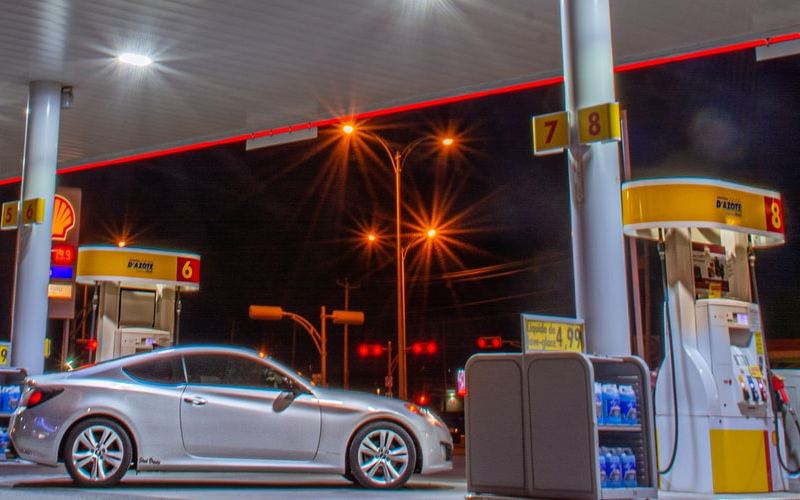


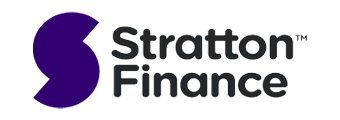
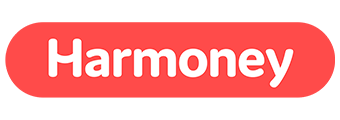




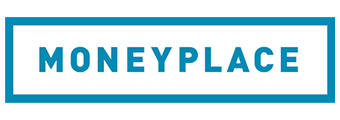


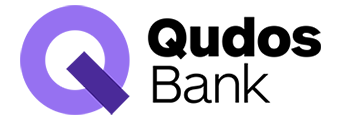

.jpg)

 Denise Raward
Denise Raward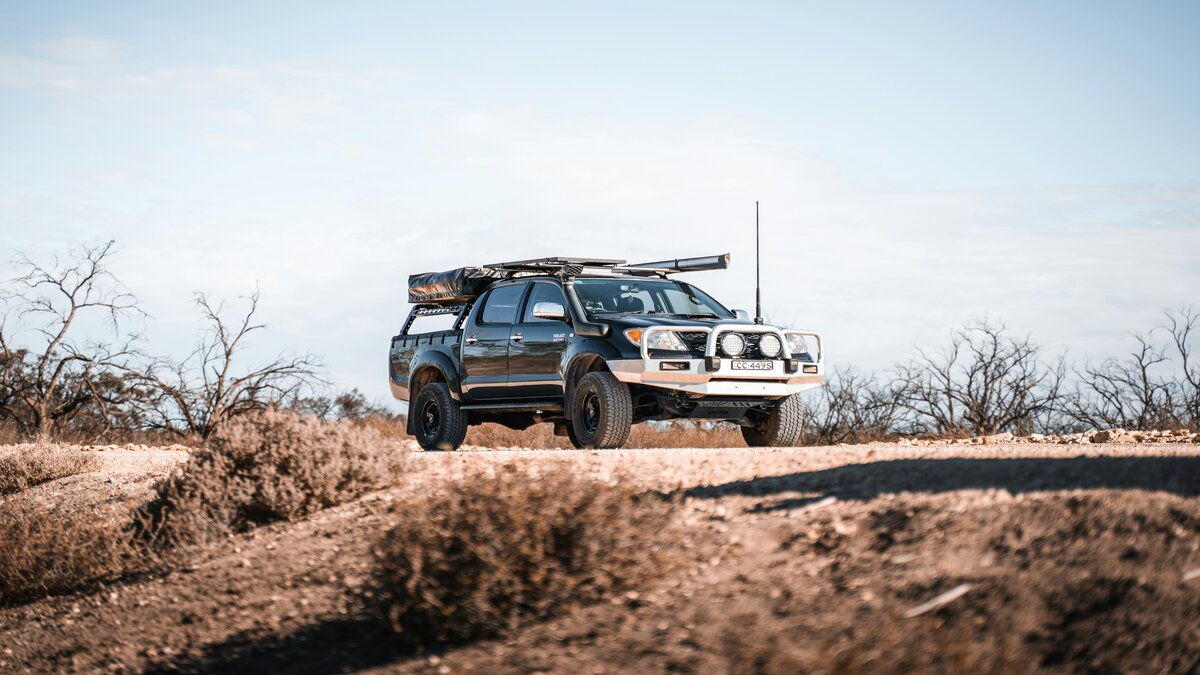
 Harry O'Sullivan
Harry O'Sullivan